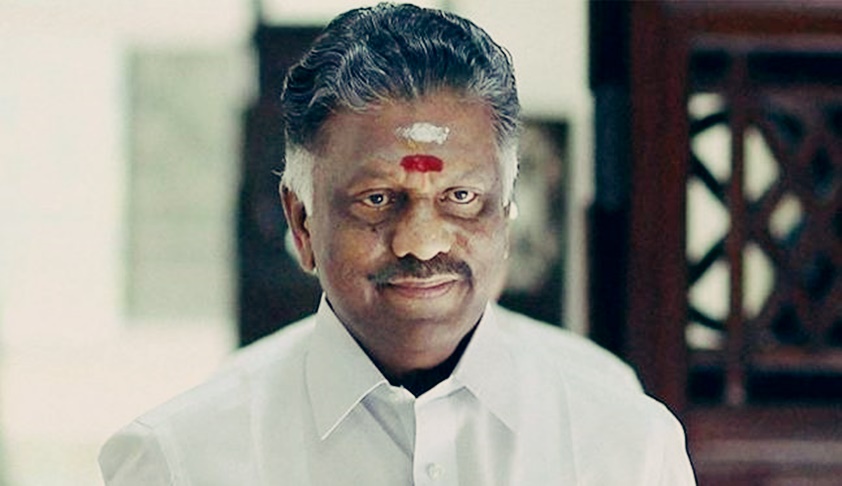Last week, during the Supreme Court’s hearing of the challenges to non-disqualification of 11 MLAs led by the Deputy Chief Minister, O.Panneerselvam in Tamil Nadu, the bench of Justices A.K.Sikri, Ashok Bhushan and S.Abdul Nazeer, was told that the landmark case fought by the former Chief Minister of Maharashtra, the late A.R.Antulay, could indeed provide an answer to the dilemma before...

